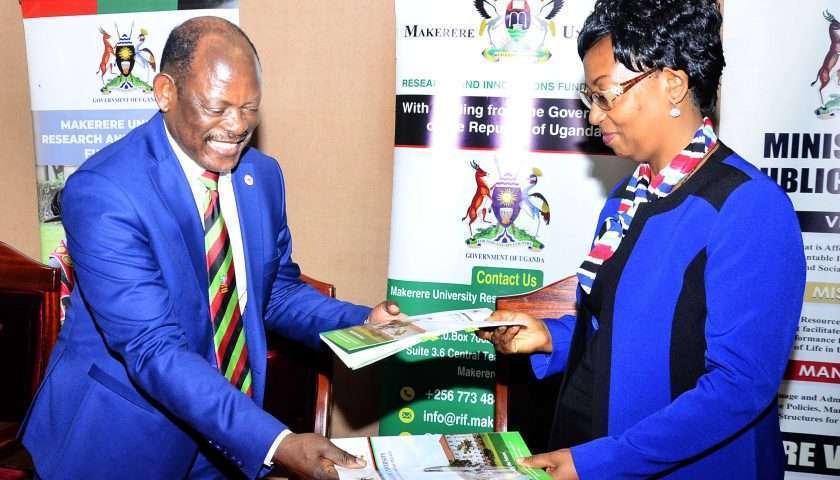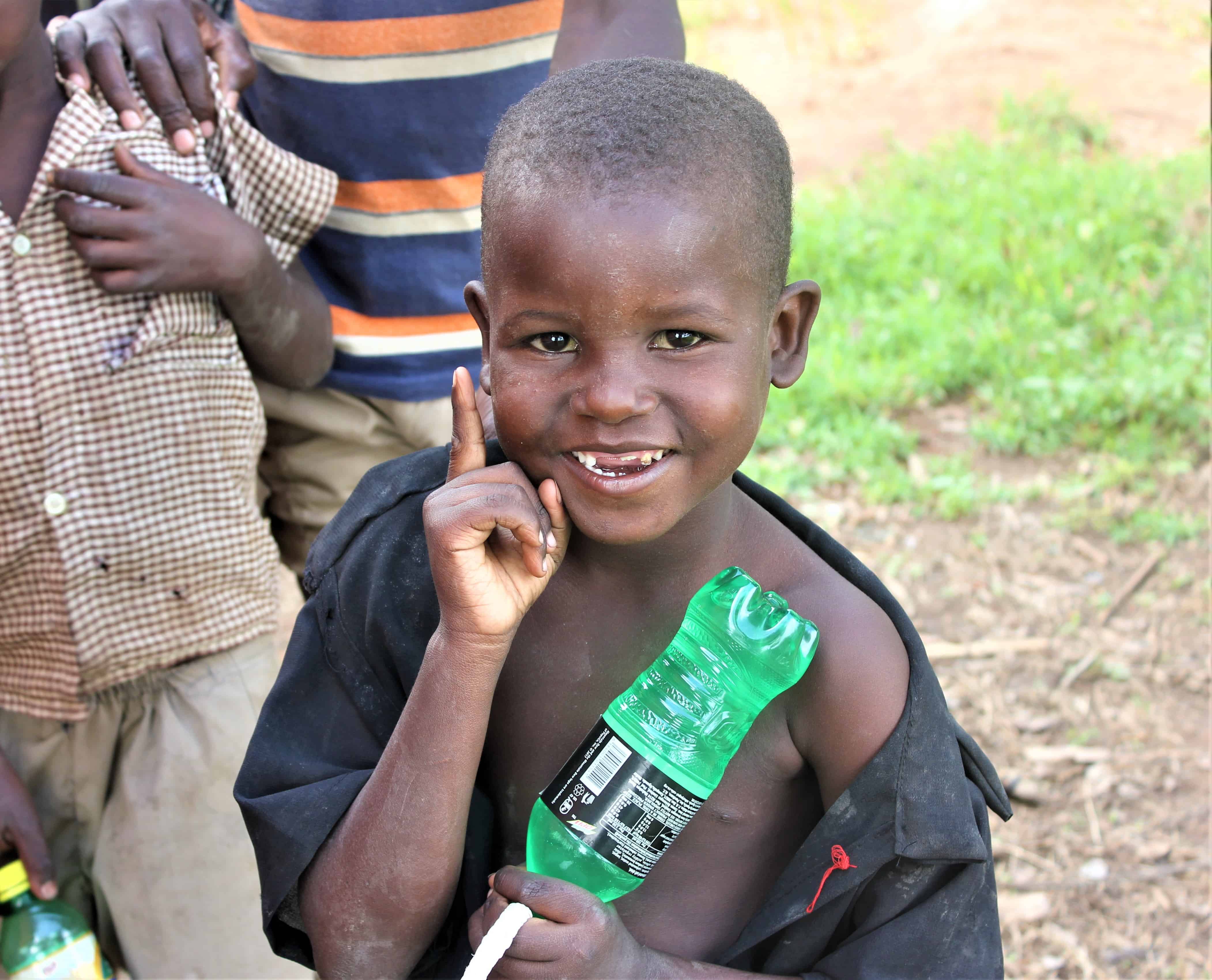Makerere University’s Vice Chancellor, Prof. Barnabas Nawangwe, has revealed the University requires sh100b in order to harness its research potential.
“We want to thank the Government for availing the resources through the Research and Innovation Fund (Mak-RIF), which as I have said so many times has drastically changed Makerere University into a serious research institution,” Nawangwe said.
He said the university is ready to carry out more research for ministries and all other government ministries that need to undertake research.
“We appeal to the Government to increase this fund to at least sh100b, so that apart from supporting the Government with policy research, we can also increase the number of innovations coming out of the university,” Nawangwe emphasised.
He made these remarks at Makerere University during a signing of a Memorandum of Understanding (MOU) between the academic institution and the Ministry of Public Service on Tuesday.
On December 29, 2023, Mak-RIF received sh128.9m from the Government to carry out research under a project titled; Study on the effect of pay enhancement on employee productivity and performance among secondary school teachers.
Nawangwe said the university receives sh30b annually from the Government for research and innovations, but this is not enough. The sh128.9m funding is sourced from the Research and Innovation Fund that the Government gave to Makerere.
“As I have said so many times, my plea is; let’s begin at least by doubling that figure to sh60b although the figure that we would really be comfortable with is sh100b.
There, we would know that every researcher in the university who wants to do something and every student who has an innovation that can be scaled to commercialisation, would be supported,” he explained.
During the signing of the MOU, the Public Service ministry permanent secretary, Catherine Musingwiire Bitarakwate, said her ministry has witnessed the first collaboration with Makerere on research.
She said the collaboration was an initiative built on the cabinet directive that all policies should be well researched.
Bitarakwate told New Vision after the event that a list of areas was presented for research among which include how to improve productivity of the public service.
She said the research will enlighten government on whether it took the right decision and identify other issues that need to be addressed, if any.
“This is just the beginning of our collaboration.” The areas of collaboration will include research, data management and dissemination of findings, capacity building, joint training, outreach and public engagement as well as evaluation and monitoring.
Bitarakwate stated that many observations have been raised from the field about the impact of salary enhancement for science teachers, but argued that; “this is hearsay, which can only be proven when facts are obtained through a well-researched paper.”
Through Makerere’s department of research and standards it envisaged this growing to other levels and boosting the capabilities of research within the ministry.
According to Prof Fred Masagazi Musazi, the chairperson of Mak-RIF Grants Management Committee, they endeavour to ensure that research and innovations coming out of Mak-RIF’s initiative are focused on actual national needs.
To achieve this, Musazi said the university conducts a countrywide stakeholders’ consultative process that is spearheaded by Mak-RIF’s Grants Management Committee, which results into an instructive research and innovations research agenda.
The research agenda is composed of 14 themes that cover key national development priorities including transforming the agricultural sector, sustainable health, re-imagining education, water and sanitation.

